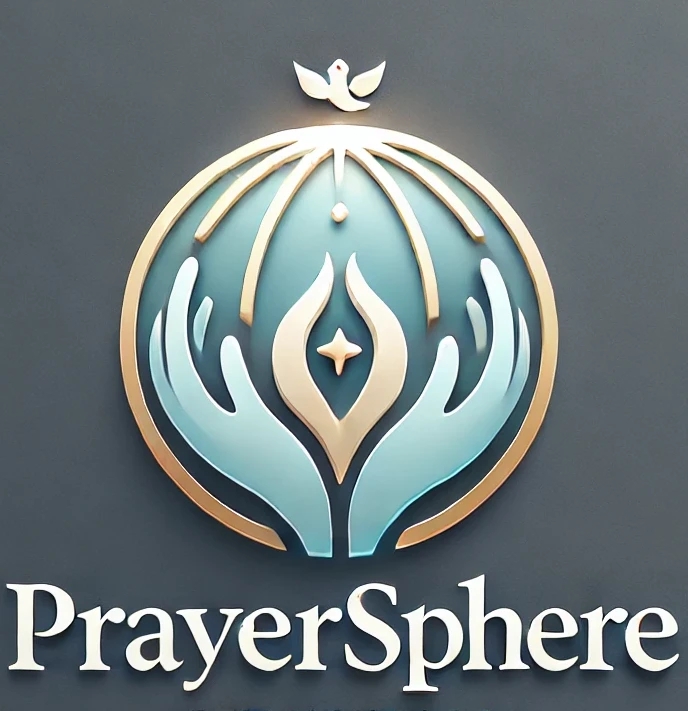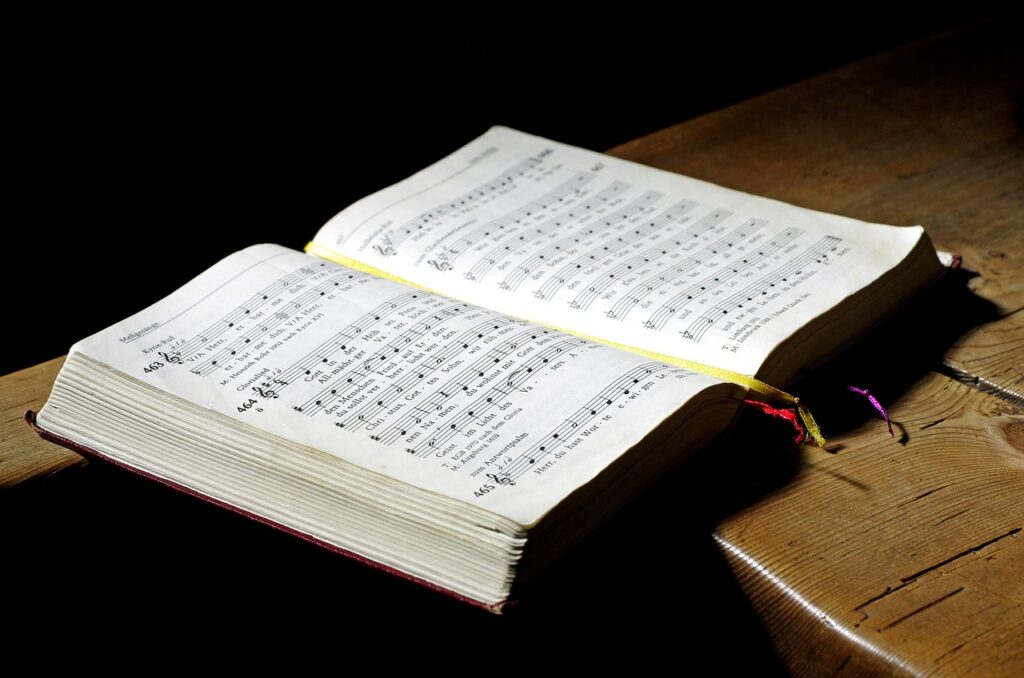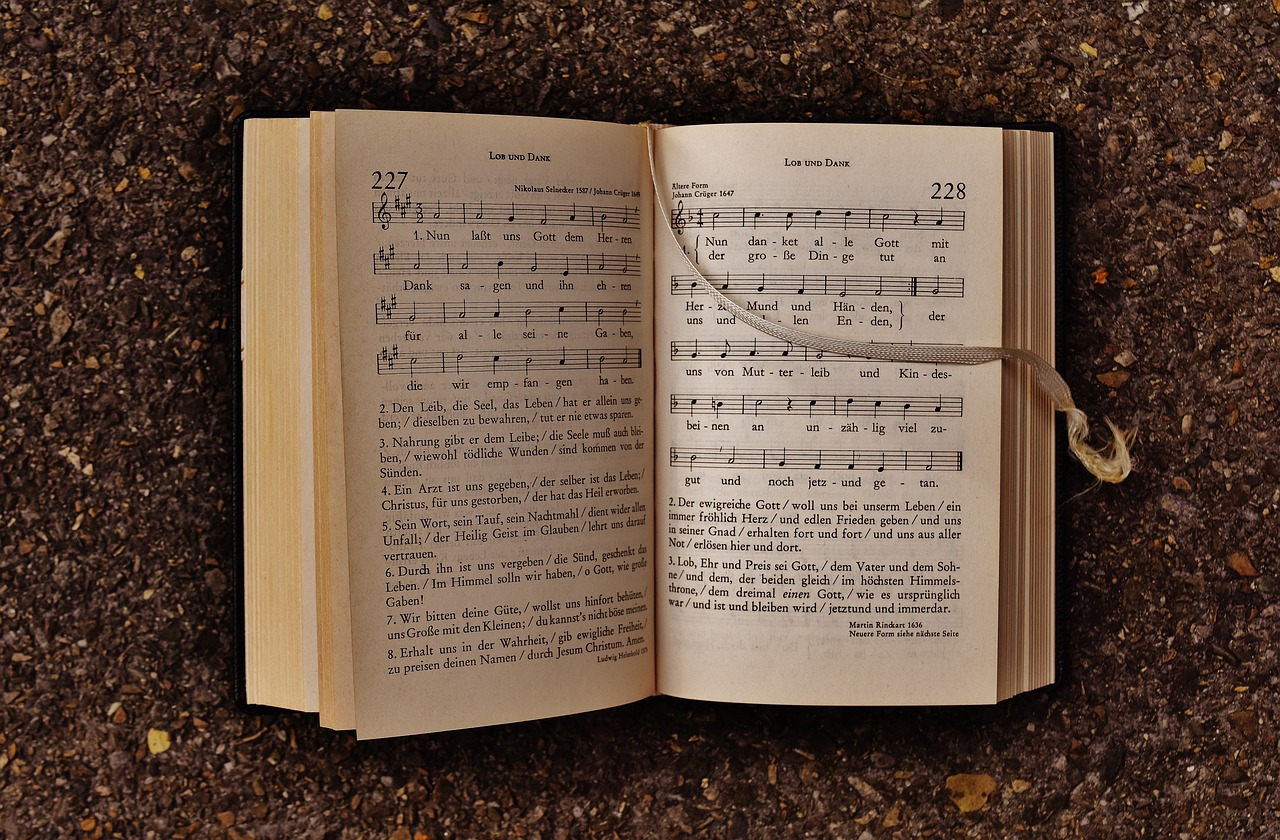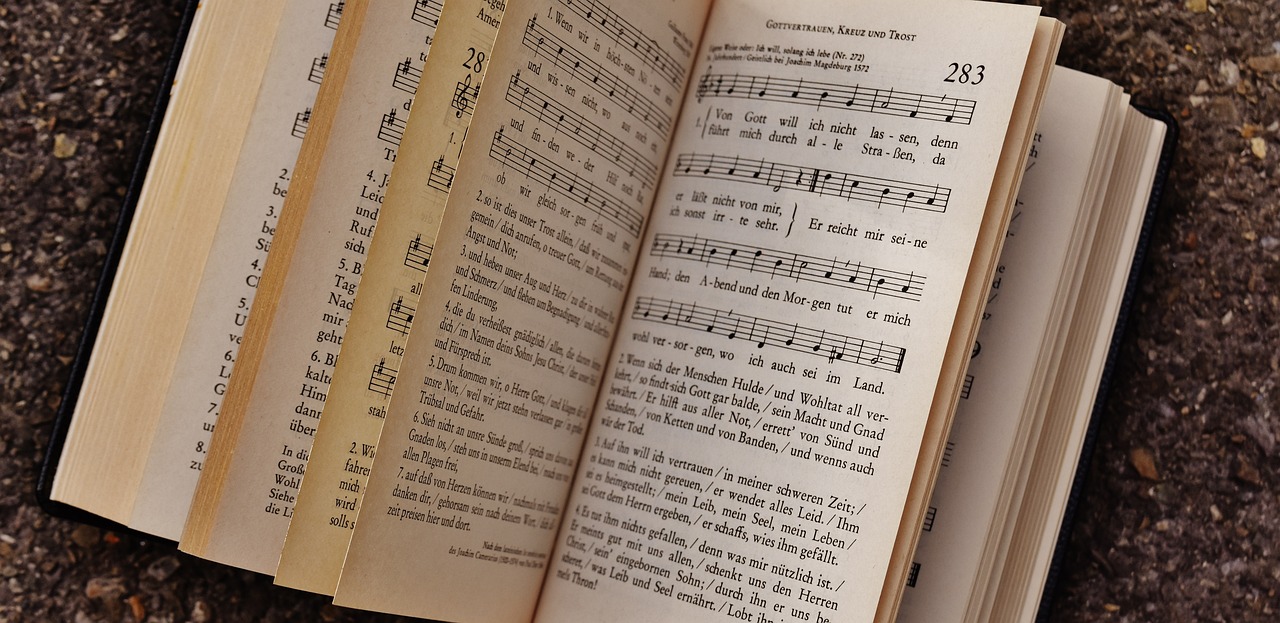Title: Pass Me Not, O Gentle Savior
Words by Fanny J. Crosby (1868)
Music by William H. Doane
Verse 1
Pass me not, O gentle Savior,
Hear my humble cry;
While on others Thou art calling,
Do not pass me by.
Chorus
Savior, Savior,
Hear my humble cry;
While on others Thou art calling,
Do not pass me by.
Verse 2
Let me at Thy throne of mercy
Find a sweet relief;
Kneeling there in deep contrition,
Help my unbelief.
Verse 3
Trusting only in Thy merit,
Would I seek Thy face;
Heal my wounded, broken spirit,
Save me by Thy grace.
Verse 4
Thou the Spring of all my comfort,
More than life to me;
Whom have I on earth beside Thee?
Whom in heaven but Thee?
“Pass Me Not, O Gentle Savior” – A Beloved Hymn of Supplication
Background and Composition
“Pass Me Not, O Gentle Savior” is one of the most cherished hymns written by Fanny J. Crosby, a prolific 19th-century hymn writer. Composed in 1868, the hymn has resonated deeply with generations of believers due to its heartfelt plea for mercy and divine attention.
The music was composed by William H. Doane, a frequent collaborator with Crosby and a prominent figure in American gospel music. Doane’s simple yet moving melody perfectly complements the humility and earnestness of Crosby’s words.
The hymn was first published in Songs of Devotion (1870), a hymn collection edited by Doane. Over time, it became a staple in revival meetings, camp meetings, and congregational singing, cementing its place as a timeless expression of prayer and supplication.
About the Author: Fanny J. Crosby
Fanny J. Crosby (1820–1915) was one of the most influential hymn writers in Christian history, penning over 8,000 hymns despite being blind from infancy. Her works include classics like “Blessed Assurance,” “To God Be the Glory,” and “All the Way My Savior Leads Me.”
“Pass Me Not, O Gentle Savior” holds a special place among her compositions because it showcases her ability to capture profound spiritual longing in simple yet powerful language. Crosby’s hymns often emerged from her deep personal faith and her remarkable ability to empathize with the spiritual needs of others.
Historical Context
The hymn emerged during a period of intense revivalism in America, known as the Third Great Awakening (1850s–1900s). Evangelical preachers and hymn writers like Crosby played a crucial role in shaping this era’s worship practices, emphasizing personal conversion, repentance, and a deep reliance on God’s grace.
Revival meetings often featured hymns that encouraged individuals to seek God fervently, and “Pass Me Not, O Gentle Savior” fit this mold perfectly. Its plaintive appeal for God’s presence and mercy resonated with worshippers who sought assurance of their faith and relationship with God.
Inspiration for the Hymn
The inspiration behind “Pass Me Not, O Gentle Savior” is said to have come from Crosby’s interaction with prisoners during her visits to New York’s Bowery Mission. One story recounts how a man in prison asked Crosby to pray for him, pleading that God would not “pass him by.” Moved by his sincerity and desperation, Crosby later reflected this sentiment in the hymn.
The hymn’s words echo the biblical stories of individuals crying out to Jesus for healing and mercy, such as Bartimaeus, the blind beggar in Mark 10:46-52. These accounts of Jesus’ compassion likely influenced Crosby’s lyrics, capturing the universal human longing for divine attention and grace.
Musical Collaboration with William H. Doane
William H. Doane (1832–1915) was a gifted composer and businessman who frequently collaborated with Crosby. His melody for “Pass Me Not” is marked by its simplicity and emotional depth, allowing worshippers to focus on the hymn’s powerful message.
Doane’s ability to create music that matched the tone and spirit of Crosby’s words contributed significantly to the hymn’s popularity. The refrain, “Savior, Savior, hear my humble cry,” became an especially memorable and moving part of the hymn, inviting congregational participation and reflection.
Popularity and Legacy
“Pass Me Not, O Gentle Savior” quickly gained popularity in the United States and abroad. Its widespread use in revival meetings, church services, and personal devotionals made it one of Crosby’s most enduring hymns. The hymn’s plea for God’s mercy and attention struck a universal chord, transcending cultural and denominational boundaries.
The hymn was later included in numerous hymnals and gospel songbooks, solidifying its place in Christian worship. It has been performed and recorded by countless choirs, soloists, and gospel artists, ensuring its continued relevance and appeal.
Cultural and Emotional Impact
The hymn’s emotional resonance lies in its simplicity and sincerity. It reflects the human desire to be seen, heard, and valued by a loving God. The repeated refrain, “Do not pass me by,” captures a universal fear of being overlooked and a longing for divine presence and assurance.
The hymn’s lyrics and melody have been used to comfort individuals in times of personal struggle, offering hope and encouragement. Its adaptability across various musical styles—from traditional hymnody to gospel arrangements—has allowed it to reach diverse audiences.
The Meaning of “Pass Me Not, O Gentle Savior”
The hymn “Pass Me Not, O Gentle Savior”, written by Fanny J. Crosby in 1868, is a heartfelt prayer for divine attention and mercy. It captures the human longing for God’s presence and the fear of being overlooked or forgotten. Each verse builds upon this theme, expressing humility, repentance, and a deep reliance on God’s grace. Below is an exploration of the hymn’s meaning:
1. A Plea for Divine Mercy
The opening line, “Pass me not, O gentle Savior, hear my humble cry,” reflects the soul’s earnest desire to be acknowledged by God. It conveys a sense of urgency and vulnerability, as the speaker implores Jesus not to pass them by while He is blessing others.
This plea echoes the biblical accounts of individuals who sought Jesus’ help, such as the blind beggar Bartimaeus in Mark 10:46-52, who cried out, “Jesus, Son of David, have mercy on me!” The hymn captures this same spirit of desperation and faith, emphasizing the believer’s trust in Jesus’ compassion.
2. Recognition of Unworthiness and Dependence
The repeated refrain, “While on others Thou art calling, do not pass me by,” reflects a deep awareness of the speaker’s unworthiness. It acknowledges that God’s blessings are not earned but are acts of grace.
By positioning themselves as humble and dependent, the speaker demonstrates their reliance on God for salvation, healing, and comfort. This humility is a key aspect of the hymn, as it invites believers to approach God with contrite hearts and sincere faith.
3. Finding Refuge in God’s Mercy
The second verse, “Let me at Thy throne of mercy / Find a sweet relief,” expresses the speaker’s desire to find solace and forgiveness at the feet of Jesus. The image of kneeling at the “throne of mercy” conveys both reverence and trust, emphasizing that true peace can only be found in God’s presence.
The phrase “Help my unbelief” acknowledges moments of doubt or weakness, reminding believers that even faith itself is a gift from God and that they can ask for His help in strengthening their trust.
4. Trust in Christ’s Merit and Grace
The third verse shifts the focus to Jesus’ sufficiency: “Trusting only in Thy merit, / Would I seek Thy face.” This line underscores the belief that salvation and healing come not from human effort but from Jesus’ redemptive work.
The speaker’s plea to “heal my wounded, broken spirit” highlights the restorative power of God’s grace, offering hope to those burdened by sin, pain, or despair. The hymn reminds believers that God is both willing and able to restore them to wholeness.
5. The Comfort and Sufficiency of God
The final verse, “Thou the Spring of all my comfort, / More than life to me,” portrays God as the ultimate source of comfort and satisfaction. This imagery of a “spring” suggests an abundant, life-giving presence that sustains and refreshes the soul.
The rhetorical questions, “Whom have I on earth beside Thee? / Whom in heaven but Thee?” emphasize the incomparable value of a relationship with God. They reflect the psalmist’s declaration in Psalm 73:25, “Whom have I in heaven but You? And earth has nothing I desire besides You.”
6. Assurance of God’s Attention
The hymn reassures believers that their prayers are heard and that God’s love is personal and attentive. The refrain, repeated after each verse, reinforces the confidence that Jesus will not overlook those who call on Him with sincerity.
It serves as a reminder that God’s grace is sufficient for all and that no one who earnestly seeks Him will be turned away.
Conclusion
“Pass Me Not, O Gentle Savior” is a deeply moving hymn that speaks to the universal human desire for connection with God. It conveys a sense of humility, dependence, and hope, reminding believers that God’s mercy is freely given to those who seek it.
The hymn’s plea for divine attention and assurance reflects the believer’s trust in Jesus as a compassionate Savior who hears their cries, heals their wounds, and provides lasting comfort. It encourages worshippers to approach God with confidence, knowing that He is near and ready to respond.







